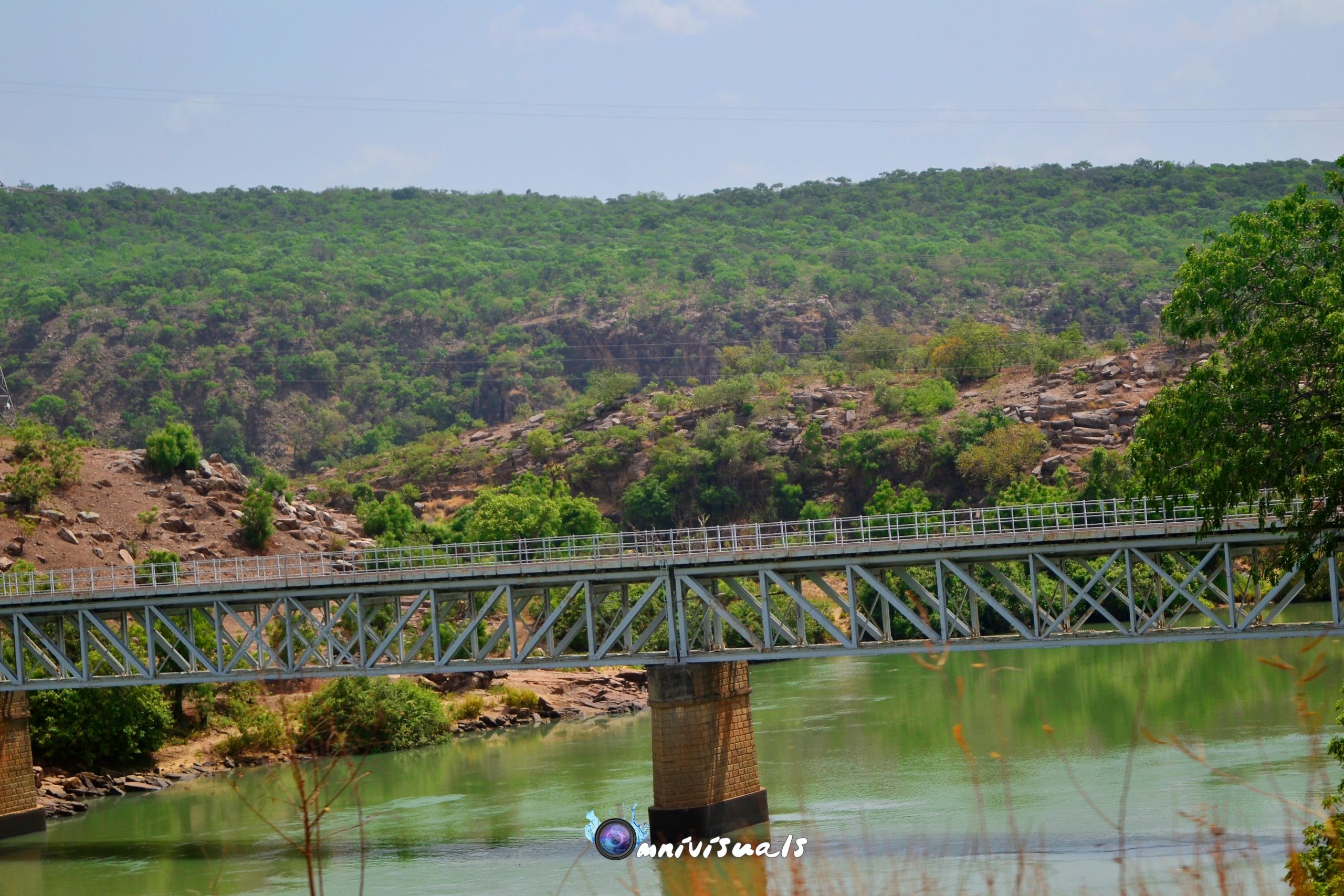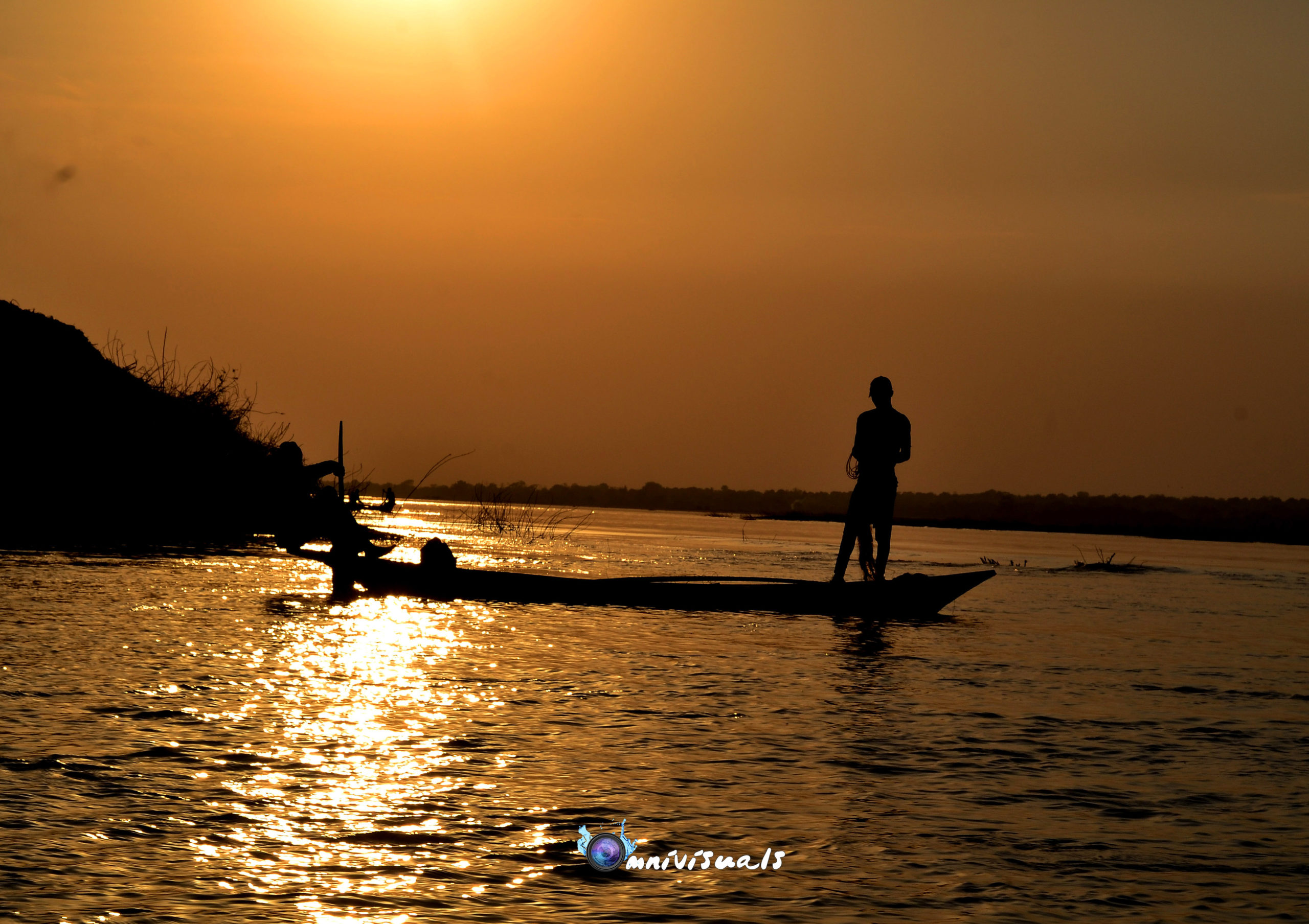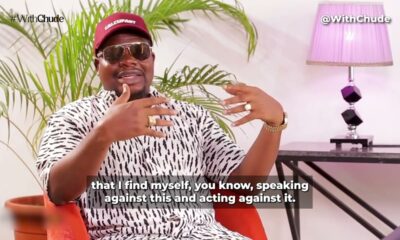Features
#BNCreativesCorner: Through His Camera Lens, Bukunmi Oyewole is Exploring the Unknown
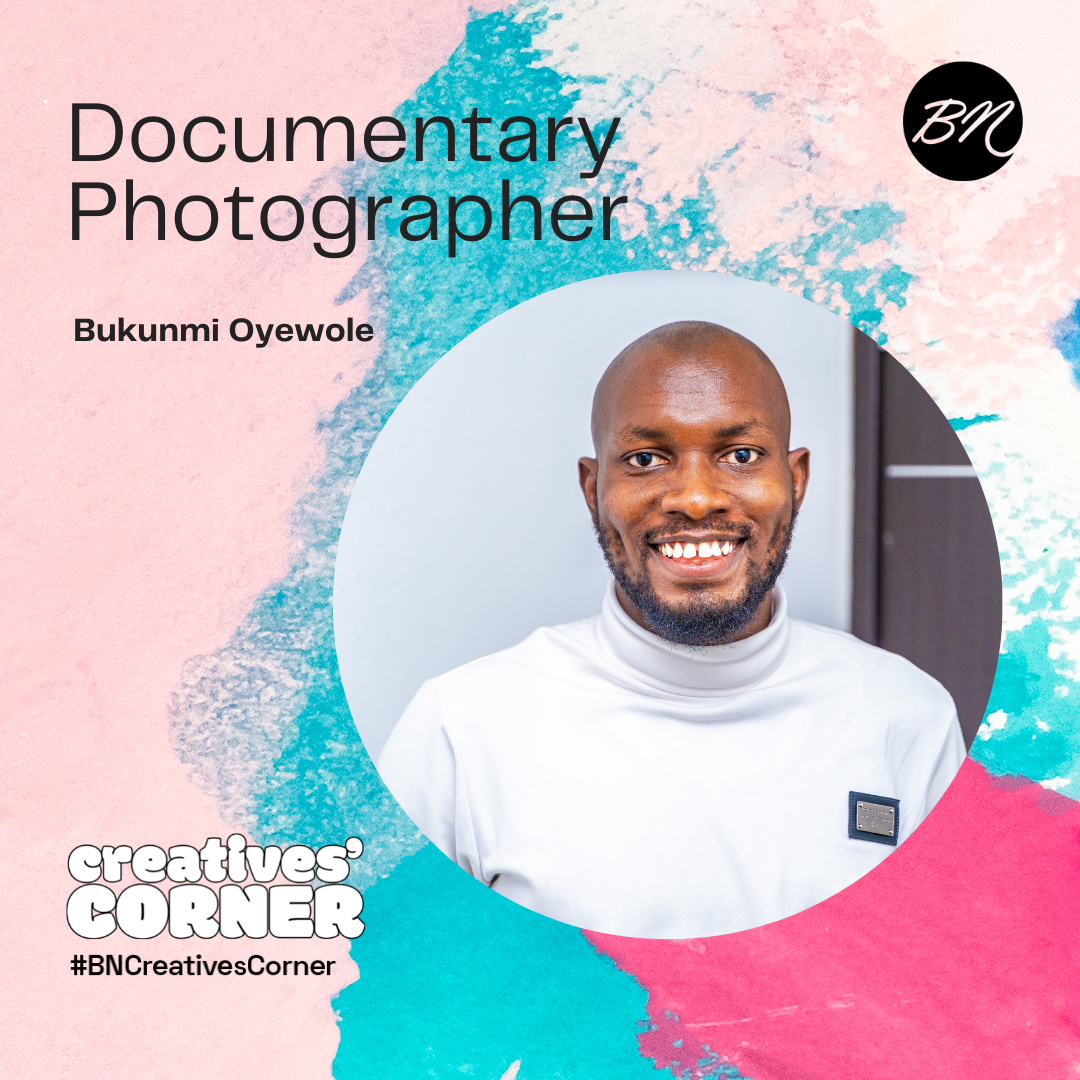
Bukunmi Oyewole is a visual storyteller, an adventurer and an “explorer of the unknown.” In the last few years, he has travelled to 19 Nigerian states, his camera slung over his shoulders, his eyes searching for stories to tell.
For many who scroll through the heaps of Google images in search of visuals from Nigeria and Africa as a whole, you’d realise they’re all the same stories; either of poverty-stricken black people standing in front of their huts with ribs poking out of their skins, or majorly exaggerated and glamourised “bling Lagos” or cultural practices. But where are the stories of the everyday, hardworking people who are not languishing in poverty, adorning their bodies with Ankara and cowries, or swimming in millions of naira? That’s why we have travel and documentary photographers like Bukunmi Oyewole. “I tell stories to capture and sustain public attention and to capture the sidelined part of the society – underserved communities people do not pay attention to,” he says.
Bukunmi has captured many stories of underserved communities, thereby bringing attention to their plight.
Ariara international market in Abia State is very flooded – not the knee-deep kinda flood, it’s thigh-and neck-deep kinda flood, and people are moving normally in the water. When I got there, I asked someone for an alternative route and he says “this is the only way.” I had to remove my sneakers and entered the water. These people are neglected, they have market leaders, community leaders, but nothing is being done.
There was also one I encountered in Benue State. These women dig holes, wait for water to rise from the ground and fill those holes, then they fetch the water, wait for the water to come up again for them to fetch. This village is under an LGA or a constituency but they are not being cared for or catered to. I’ve been to many places like these and I want to bring awareness to these places through my camera lens.
Beyond places and many other societal issues like the #EndSARS protests, Bukunmi, who studied English Language at Ekiti State University, is also particular about “documenting present day realities because they will become very relevant in future. “You see all those photos of Lagos State in the 60s and 70s that you see, someone captured and documented them. See how they are relevant today,” he says.
We agree with him. Those popular photos of Lagos that we see now remind us how far gone we are as a state, and as we wonder what our present day photos will look like in decades to come, Bukunmi says “it is important to capture moments like our present.”
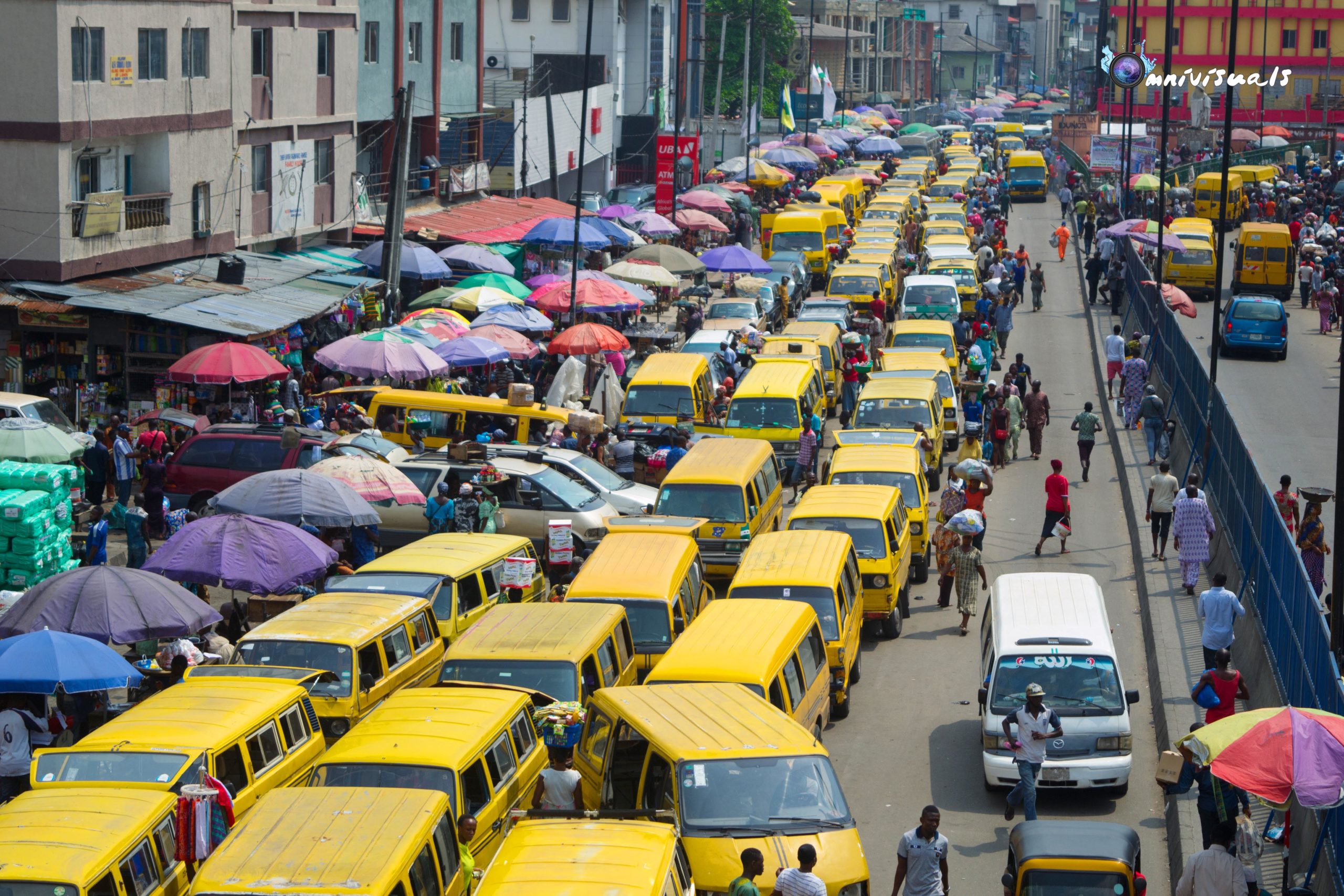
Photo description: Yellow Lagos

Photo description: Movement Against Police Brutality
Through his lens, Bukunmi could be anything – a wedding photographer, a style photographer, just anything. Why did he choose documentary photography?
When I started my photography journey, I wasn’t sure of what area to specialise in. During one of the conferences I attended in Lagos, a top photographer said one had to carve a niche for themselves. I thought to myself “surely, I can’t be doing everything.”
One day, I participated in a photo walk in Lagos, we hit the streets, and told stories with our pictures. Then, in 2015, documentary photography wasn’t so common and I got inspired to go into it. There, I decided I wanted to tell stories with my photos. I also decided that if I was going to tell stories with my photos, I wouldn’t do it in Lagos. When people search for Nigeria on Google, photos of Lagos pop up everywhere. Lagos is not Nigeria and, in a way, I decided I wanted to put more photos of Nigeria out there – and that’s where the travel photography part came in. I’ve been to 19 states in Nigeria so far, and that’s mainly because I want to tell the story of different parts of Nigeria and then Africa.
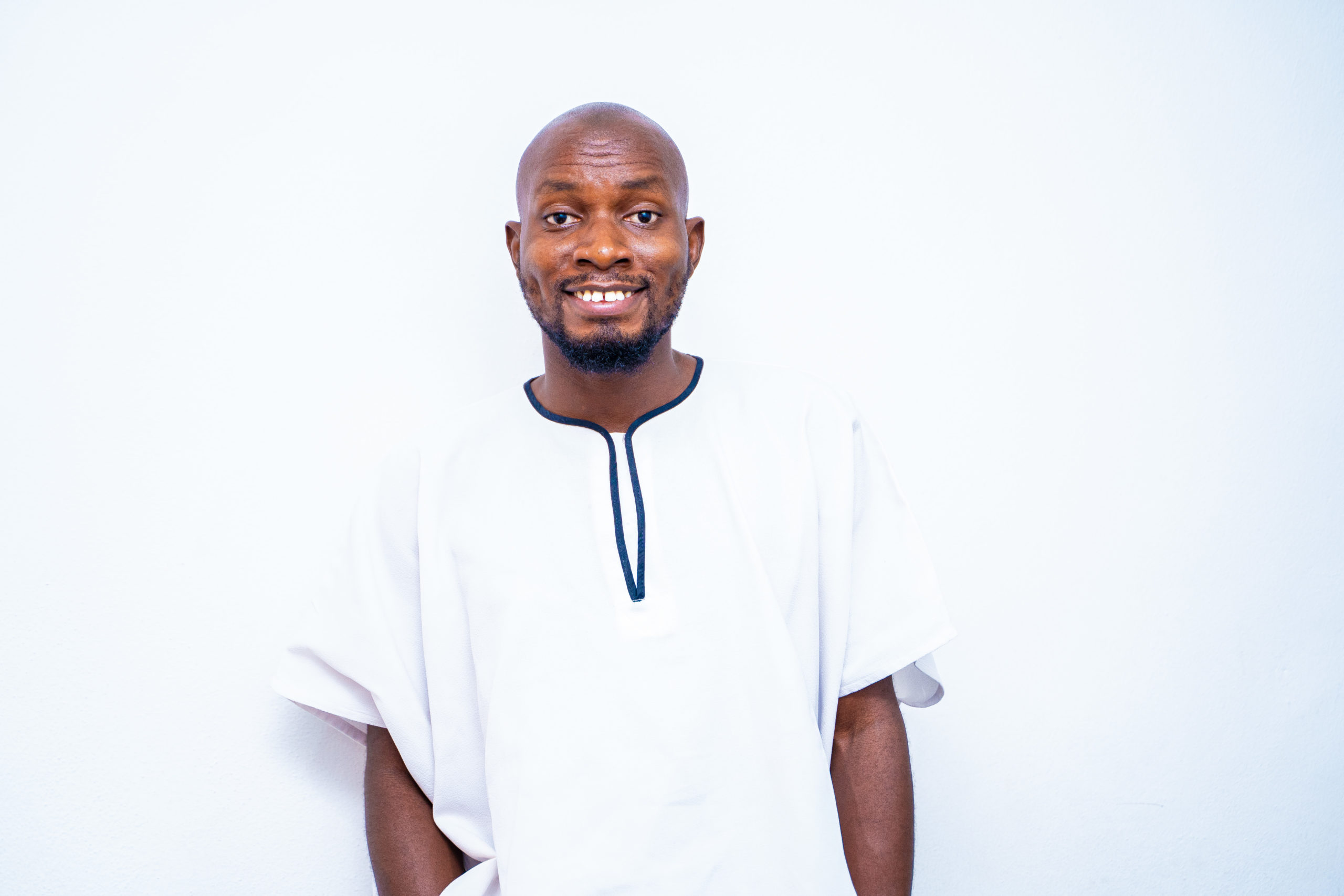
Travelling to places unknown in search of stories, we all agree, is a daring course. But is it a worthy one for Bukunmi? “I enjoy the education that comes with it. You don’t know a lot about it and when you travel, you have to ask questions on why certain things are done in certain ways. You explore a new culture by asking questions, you get to see and know a lot of things,” he answers.
See, in this country, many people are steadily angry. How would you, as a photographer, walk up to someone pounding yam to take their photo. What if they hit your head with the pestle? Bukunmi throws his head back as he laughs.
I must have a fixer in that community – that is someone to get me settled in the community and give me a tour. Before bringing out my camera, I make friends with the locals, I try to learn and speak their language, help them pound their yams or chop their firewood. By the time I ask to take photos of them, they are already comfortable enough to let me.
Ah, that works. So what does he do with the photos taken?
I caption the image and write their descriptions, then I feature them in magazines or exhibitions. Sometimes, I sell the pictures. When I do personal projects, I use the photos to build a portfolio for myself. The documentary photos are for the future – for me, it’s a long term investment.
Photo description: Bridging The Gap
Photo description: Men at Dusk
If you are wondering if being a documentary photographer is paying off financially for Bukunmi, these talks of long term investment are already proof. But it has not always been so for him, “In 2017, it was really tough for me, I thought of letting go of photography then.” Many photographers can relate to this. He continues, “Even big corporations in Nigeria and people you think should be able to afford your art don’t place so much value on it or you.” So what to do? His answer is simple: look for international clients.
If we are being honest with ourselves, this piece of advice is a solid one. In this part of the world, sapa dey! “The only solution to this problem is an economic turnaround – if an average Nigerian can afford three square meals, that’s when he/she will think of or have enough to purchase artworks. “Even I cannot afford my work,” Bukunmi says, “Many Nigerians in Nigeria don’t have money, that’s why we look to the international market.”
It is bad enough that the “market” in Nigeria is not so favourable to Nigerian creatives, they also have to battle with theft. “Some even go as far as stealing your photos and using it without paying or referencing you,” Bukunmi says.
My photos have been stolen several times. In March last year, my photo was stolen by this organisation. They had an event coming up, and had used my photo in their flier. Immediately I saw it, I sent an email to one of the editorial guys. Their lawyer then reached out to me, of course, I had spoken to my own lawyer too. Then COVID came and they couldn’t hold the program, so I let it go.
Thankfully, he did not let go of photography and has received his big break today. We can now call him baba olowo (a man of wealth).

Photo description: Knowledge Overload
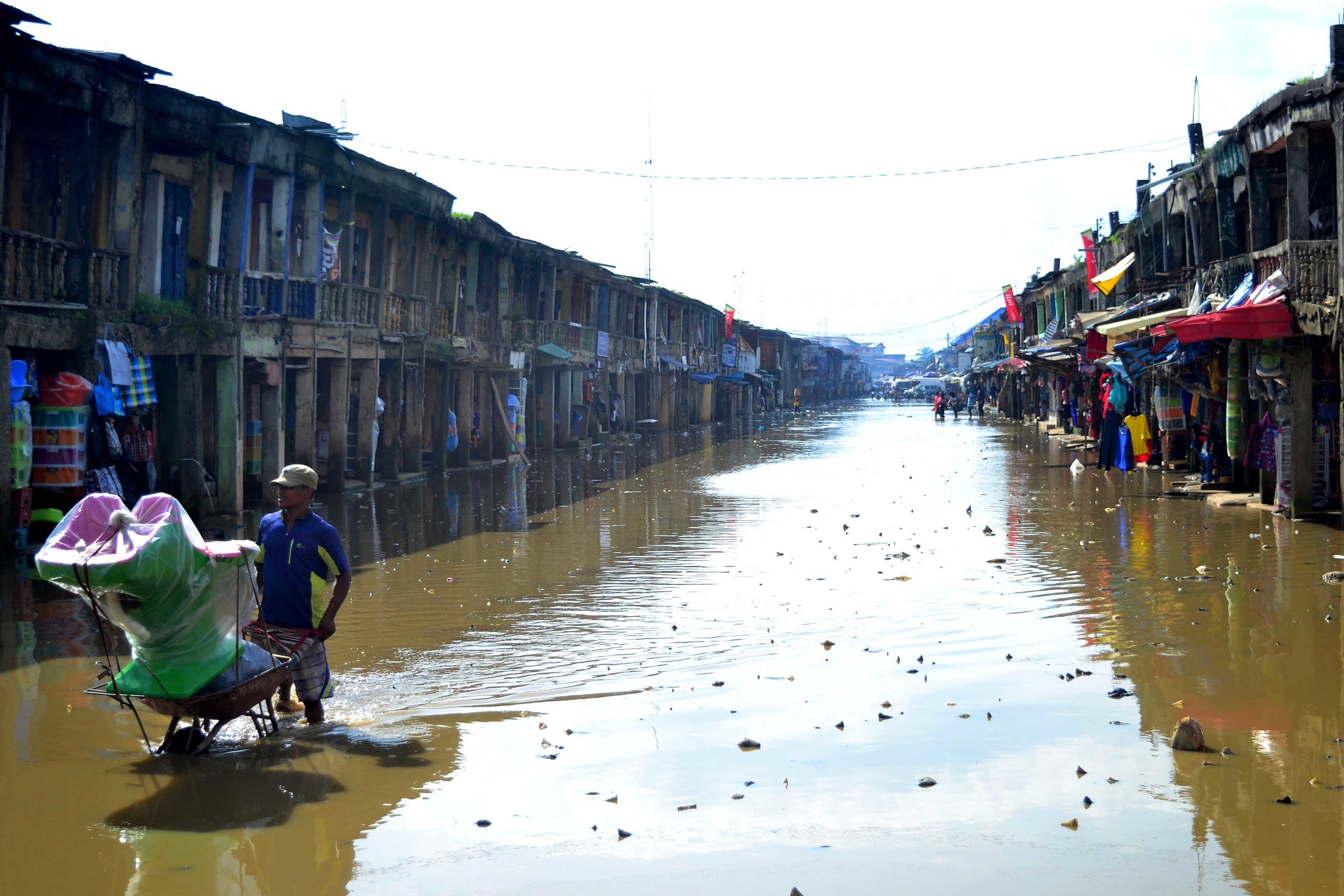
Photo description: The Wetland
In gaining more international clients, there’s one thing we must never do: romanticise poverty porn in a bid to pander to the needs of the foreign/international market. Bukunmi pays attention to this.
When I tell people’s stories, I focus on their strengths, from what is peculiar with the community or the people. What they are good at. What they do – whether they are cocoa farmers or palm wine tappers. Their lifestyle, their culture, especially things we are not so familiar with.
But while Bukunmi is careful to avoid poverty porn in his photos, he also believes that every human should be captured if they want – whether they live in huts or mansions.
Yup! BellaNaija is here for positive vibes only.
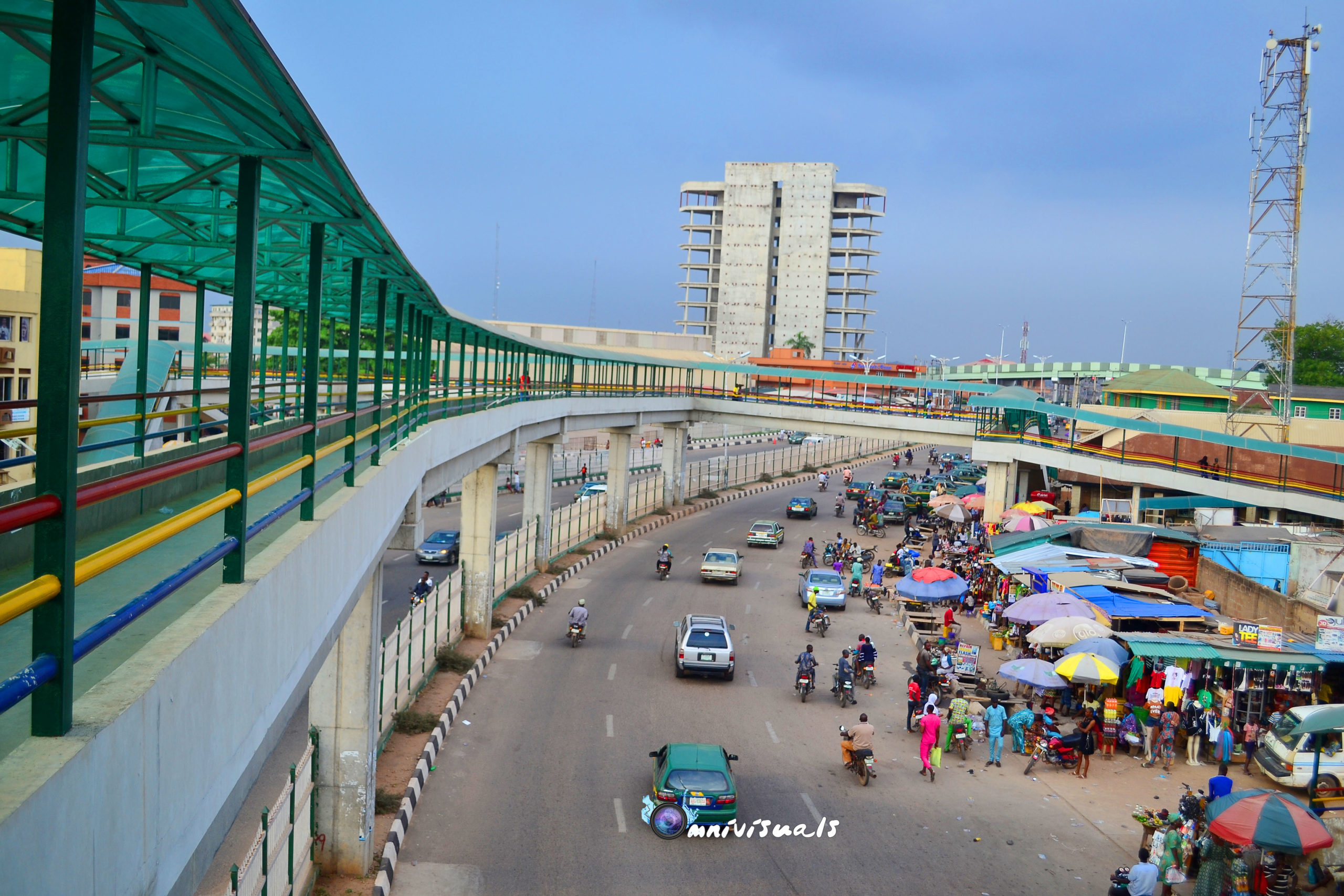
Photo description: Panseke Bridge, Abeokuta

Photo description: Lightfall at Nightfall
Bukunmi is part of a community of photographers where many African photographers share information, and exchange ideas and gigs. There, people drop their photos and ask the pros in the house to critique their work. Through the analysis and advice given, they learn. They also teach on negotiation and how to make money off photography.
In our world, we rally around ourselves and support ourselves a lot. When a photographer gets up to two or three gigs a day, he takes just one and gives the rest out in the group. When people also need equipment, they make requests on the group. We are good people.
With his photos splattered in many magazines and exhibitions, Bukunmi Oyewole has had a good career so far. Recently, his photos were featured in the 2021 Ake Review. So yes, he’s in a good position to share a piece of advice to other photographers.
Look outside Nigeria. Get your work into magazines – paid or unpaid. Get them into exhibitions. Just get your work out of that hard drive.”
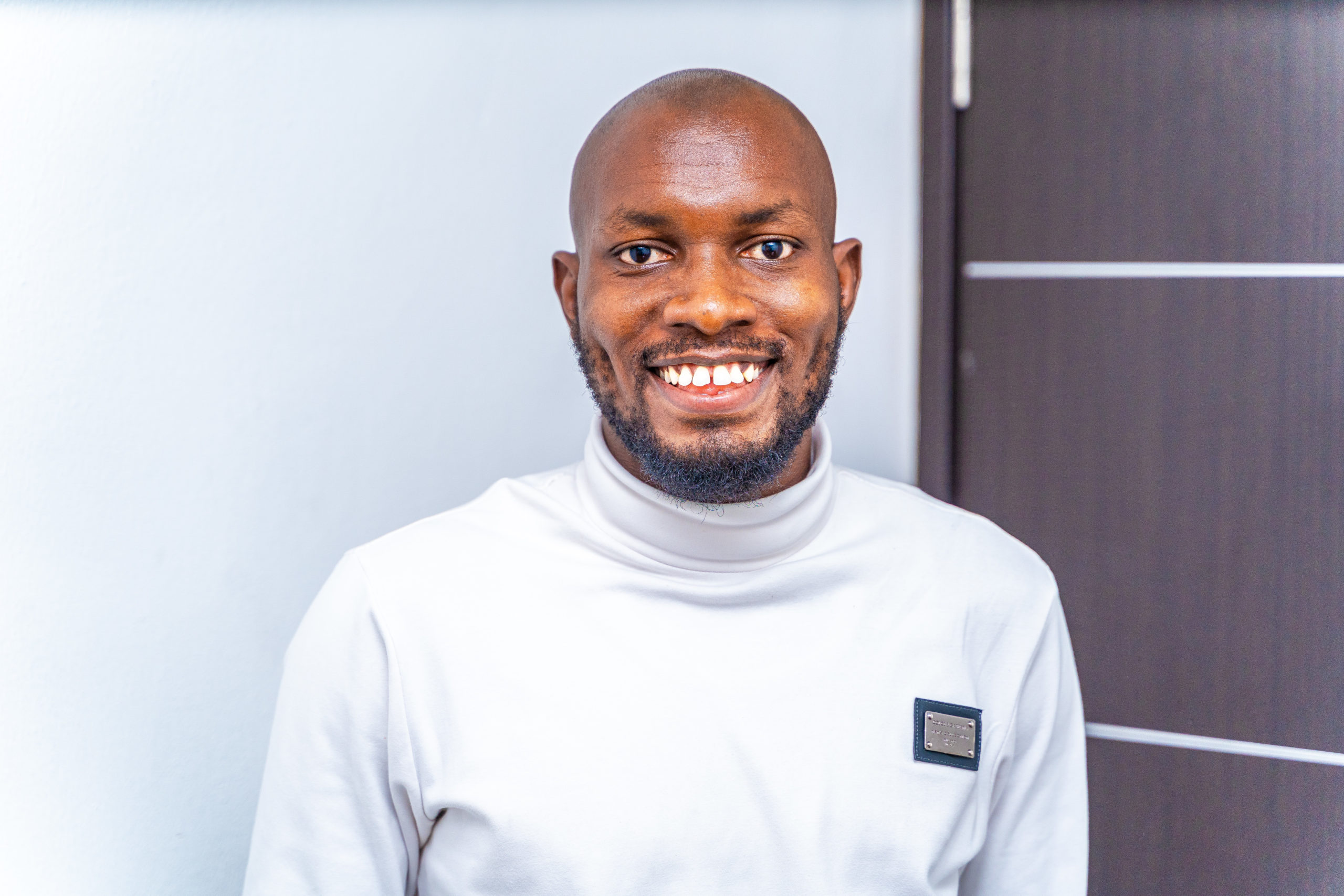
Beyond his camera lens, Bukunmi is also a UI/UX designer. “They say tech is the future and I don’t want to be left behind for real,” he laughs. But documentary photography is his first love and he plans to do this for a really long time.
My goal is to tell stories through just pictures, captions, and photo descriptions. Very soon, I’ll produce many visual storybooks.
We’re rooting for you, Bukunmi!
***
BN Creatives’ Corner is a series that gives creatives living and working in Africa the platform to showcase their work, talk about their journey, struggles and highlights of being creatives in Africa. We have told the story of Anne Adams who bends clay to create stunning artwork, and Nana Frimpong Oduro whose art explores the many aspects of our split personalities, TJ Benson a writer, Renike, a visual artist, Okunade Hammed who founded Hingees, and many more. You can read them all here.
Many thanks to Bukunmi Oyewole for having this conversation with us and letting us share his story. You can check his Instagram page here to see more of his works, or visit omnivisualsng.com.

